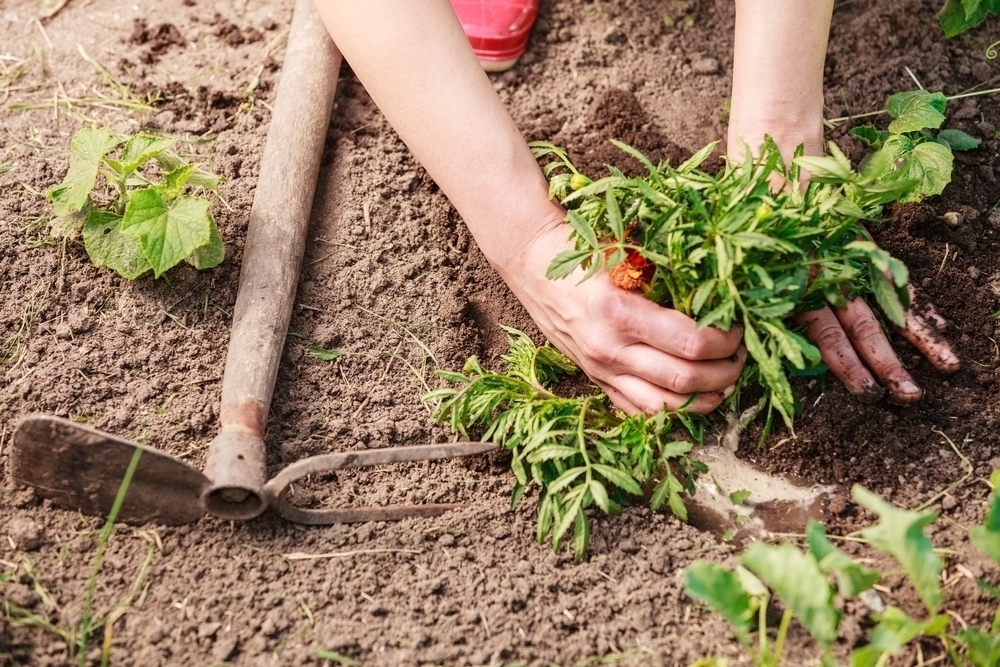You say you’re not the type for organic gardening. People who grow their own organic vegetables are the kind of people who practice yoga. They throw away their razors and change their names to Persimmon or Rutabega. They listen to new age music and Joni Mitchell. They replace all their tight-fitting clothes with sack-like hemp items. You would never fit the bill. Although it may be tempting to find some plausibility in this scenario, it is actually quite far from reality.
Organic gardening is actually one of the most practical things you can do. It’s the healthiest and cheapest way to produce food for your family; the transcendental meditation and is optional. If you’re thinking of growing your own organic produce, here are some tips for keeping it real.

Green Manure
Green manure is a way to grow plant material while improving the quality of the soil. It’s usually planted in the winter and grows a few weeks before planting season. It retains nutrients while it grows, until it’s cut down and turned into the soil. Winter rye is a good source of green manure during the winter because it clamps onto the soil to prevent erosion. Comfrey is another excellent green manure option, which helps to add minerals, such as nitrogen and phosphate to the soil.
Compost
Compost is a nutritious humus made from rotting organic material, like grass clippings, wood chips, vegetable or fruit scraps. In fact, you can add anything organic to the compost pile to provide extra nutrition to your plants. Compost can be added directly to the soil and turned under, or you can leave it on the top of the bed and let the worms come and do the work for you. Using compost prevents water erosion and disease. You can make your own compost pile by setting aside a bin and adding organic material at regular intervals, adding it to your vegetable garden bed when the older material becomes finished.

Mulching
Mulching is a way to slow down the growth of weeds while keeping the soil from dehydration. Although almost anything that provides cover for the bare ground between your vegetables can be used for mulching, organic materials will degrade slowly and add nutrients to the soil. The best organic materials for mulching include dry grass, wood chips, and hay. Spread a few inches of mulch onto areas of bare soil to keep sunlight from reaching the ground and drying the soil.
Companion Planting
Strength in numbers applies to the gardening world as well. Companion planting is the planting of certain types of herbs, flowers, and vegetables together to fight off disease and pests and provide nutrients to one another. Although herbs are the most regularly used for companion planting, there are certain vegetables that should be planted apart or together. For example, planting tomatoes with carrots will make your carrots turn out smaller than usual. Garlic is a natural fungicide that can fight off a large number of diseases and pests. In fact, garlic can even improve the flavor and production of certain vegetables. Beans are an excellent companion choice for corn and grains because they enrich the soil with the nitrogen necessary for these plants to thrive; melons and squash work well with corn as well, because their broad leaves provide the soil with the shade necessary for keeping the corn moist.
Are you going organic? Let us know what you’re doing to make your garden grow!





